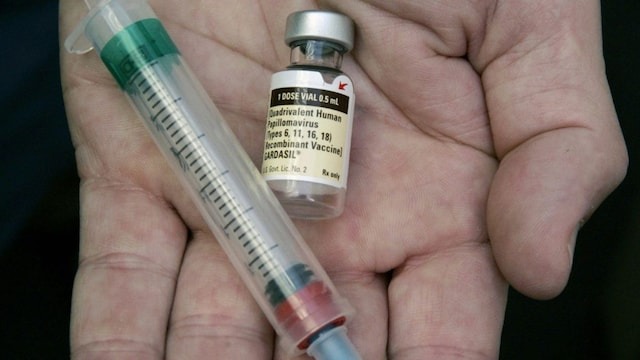
A groundbreaking nanoflower sensor developed by researchers at the University of Queensland is revolutionizing the early detection of pregnancy complications. This innovative blood test can identify risks such as gestational diabetes, hypertension, and preterm birth as early as 11 weeks into pregnancy. By screening blood samples for biomarkers, this cutting-edge technology reduces the need for hospitalizations and improves maternal and fetal health outcomes.
How Nanoflower Sensors Detect Pregnancy Complications
To test the effectiveness of the nanoflower sensor, researchers analyzed blood samples from 201 pregnant women during their 11-13 weeks of gestation. The results were remarkable—it successfully predicted preterm birth, gestational diabetes, and preeclampsia, all of which pose severe risks during pregnancy.
Why This Technology is a Game-Changer
- The biosensor has an accuracy of over 90%, allowing for precise detection of complications.
- It can identify low concentrations of biomarkers, making it more sensitive than current testing methods.
- Early detection ensures timely medical intervention, reducing risks for both mother and baby.
- The sensor can also detect complications later in pregnancy, during the second and third trimesters.
The study’s findings, published in Science Advances, highlight how nanomaterials used in the sensor can detect tiny cellular changes that indicate health risks, paving the way for more effective prenatal care.
Common Pregnancy Complications
Pregnancy can bring various health challenges, some of which can be serious if not detected early. The most common pregnancy complications include:
1. Hypertension (High Blood Pressure)
Uncontrolled high blood pressure during pregnancy can lead to preeclampsia, stroke, or placental problems.
2. Infections
Pregnant women are at risk for bacterial, viral, and fungal infections, including:
- Yeast infections
- Bacterial vaginosis
- Hepatitis A, B, and C
- Sexually transmitted infections (STIs) such as gonorrhea and chlamydia
3. Heavy Bleeding (Hemorrhage)
Excessive bleeding can be caused by placenta previa (when the placenta covers the cervix) or placental abruption (when the placenta detaches from the uterus too early).
4. Gestational Diabetes
This form of diabetes develops during pregnancy and can lead to high birth weight, premature birth, and long-term health risks for the baby.
5. Anemia
Low iron levels can result in fatigue, dizziness, and complications during delivery.
6. Severe Morning Sickness (Hyperemesis Gravidarum)
While nausea is common in pregnancy, extreme cases can lead to dehydration and malnutrition, requiring hospitalization.
7. Mental Health Conditions (Depression & Anxiety)
Hormonal changes, stress, and medical complications can contribute to pregnancy-related depression and anxiety, affecting both the mother’s well-being and fetal development.
Why Early Detection Matters
In today’s world, unhealthy lifestyles and poor dietary habits have increased the risk of pregnancy complications. This nanoflower sensor provides a life-changing solution by allowing expecting mothers to receive early treatment and reduce health risks for both themselves and their babies.
With advancements like these, prenatal care is entering a new era of precision medicine, ensuring safer pregnancies and healthier outcomes for future generations.

 Desk
Desk Share
Share






